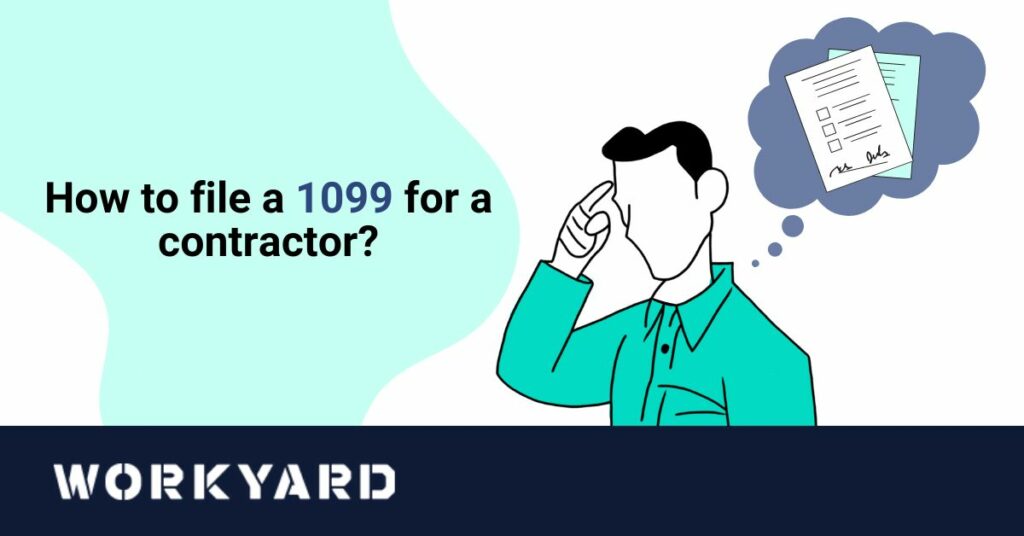Filing a 1099 form for a contractor is a crucial responsibility for businesses that utilize independent contractors, ensuring compliance with tax regulations and facilitating accurate reporting. Understanding the process and adhering to deadlines is essential. Here’s a guide to help you navigate the process.
Gather Essential Information
Taxpayer Identification Number (TIN): Obtain the contractor’s TIN or Social Security Number (SSN) by having them complete IRS Form W-9. This form collects essential details needed for tax reporting purposes.
Determine the Appropriate Form
Form Selection: Depending on the nature of payments made to the contractor, select the appropriate form. As of recent changes, non-employee compensation is reported using Form 1099-NEC, while other payments might still use Form 1099-MISC for specific situations.
Complete the Form Accurately
Enter Contractor Details: Input the contractor’s name, address, TIN or SSN, and other relevant details accurately to avoid discrepancies.
Report Compensation: Enter the total amount paid to the contractor during the tax year in the designated box for non-employee compensation or other relevant categories on the form.
Retain Copies and Distribute
Retain Copy B: Keep Copy B of the 1099 form for your records, ensuring you have documentation of the information reported to the IRS.
Distribute Copy to Contractor: Provide Copy B to the contractor by the deadline, enabling them to report their income accurately on their tax return.
Submit to the IRS
Filing Deadline: Adhere to the IRS filing deadline, typically by the end of January for most businesses, ensuring timely submission of 1099 forms.
Electronic Filing: Consider electronic filing options if required, facilitating efficient submission and compliance with IRS guidelines.
Monitor Compliance and Updates
Stay Informed: Monitor IRS updates, regulatory changes, and compliance requirements related to 1099 filings, ensuring ongoing adherence to best practices.
Maintain Records: Retain comprehensive records of all 1099 filings, supporting documentation, and communication with contractors to facilitate potential audits or inquiries.

